Lavender essential oil is one of the most well-known essential oils in the world. You may hear enough about it but do you really know what it is? Maybe we shall start off by understanding what Lavender is.
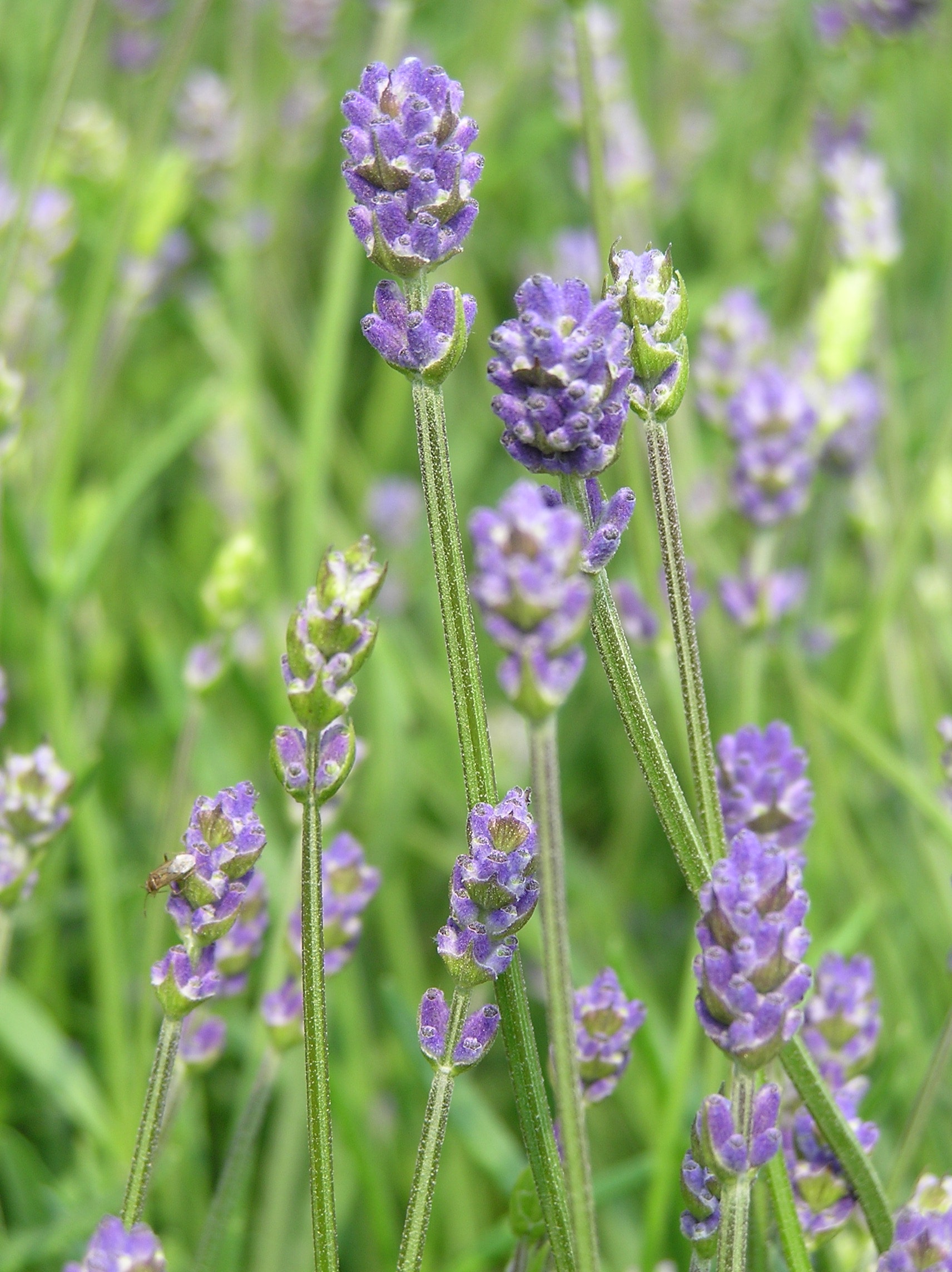
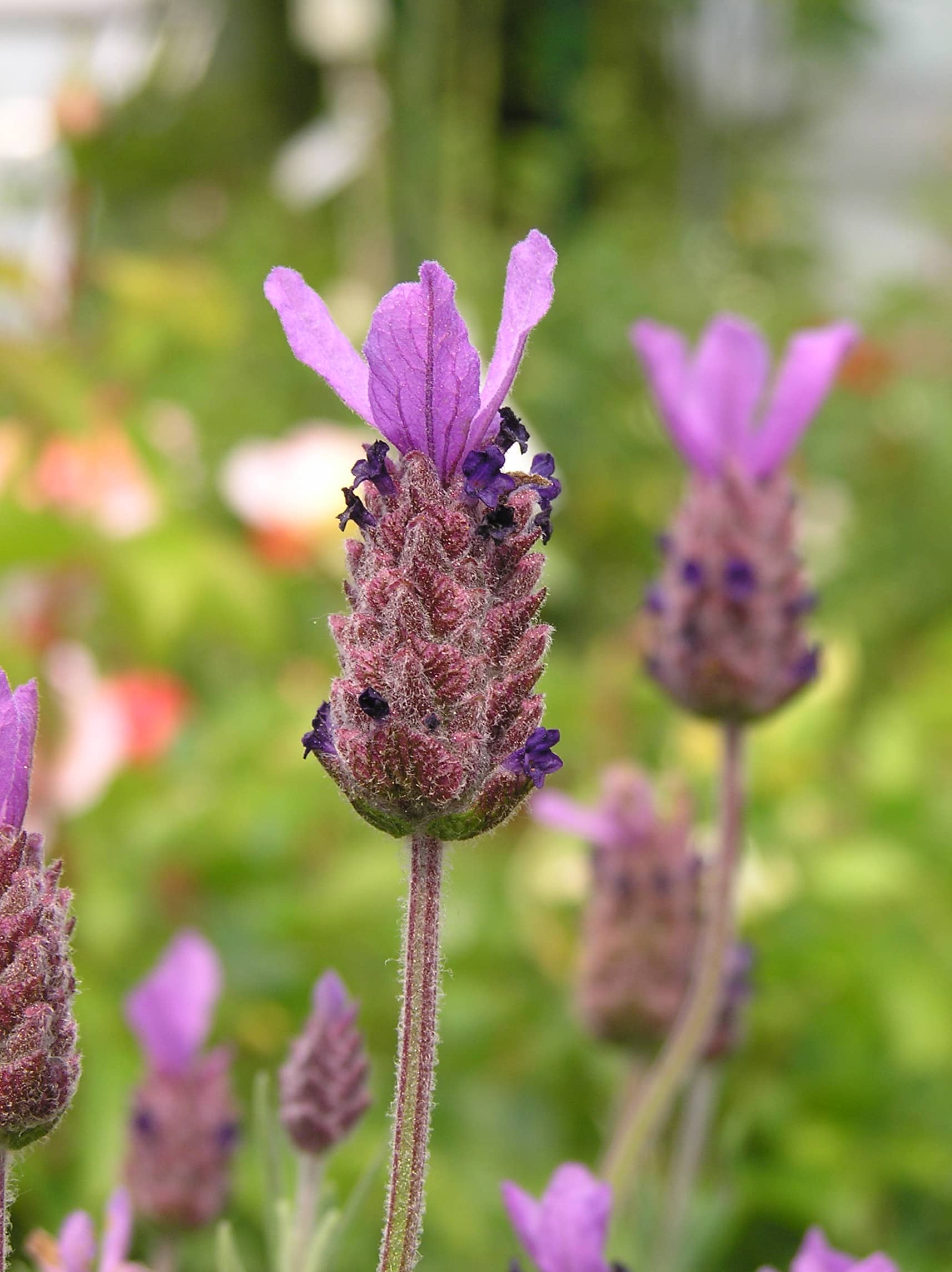
What is Lavender?
Lavender is a plant native to the Mediterranean region and has been used for centuries for its medicinal properties. Commonly known for its purple flowers and linear leaves, what’s uncommon though, is the various types of this plant. Different types of Lavender plant might carry a few chemical components in common for example ketone, cineole, linalool and the like but different in terms of the concentration. Hence, resulting in different healing effects.
Today, we are checking out four main varieties of Lavender plants:
- Lavender Highland
- Spike Lavender
- Lavandin
- Lavender Stoechas
Telling you how they are different as essential oil and when they are best used!
Note that you can purchase all the mentioned essential oils in this article on Oshadhi website.
Different Types of Lavender Essential Oil
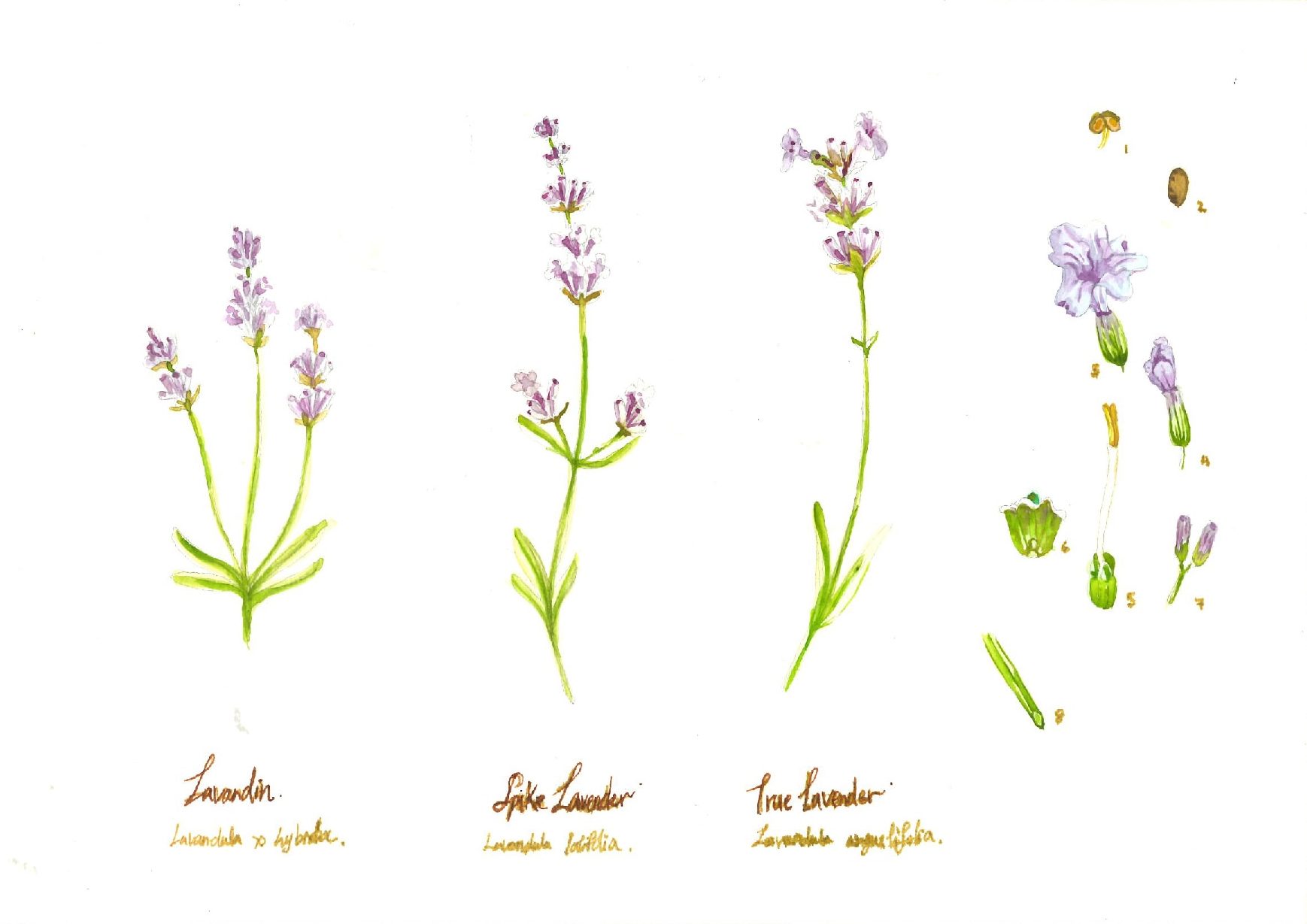
Here is a table for your quick reference:
Comparison Between Different Types of Lavender Essential Oil
| Name | Lavender Highland | Spike Lavender | Lavandin | Lavender Stoechas |
|---|---|---|---|---|
| Latin Name | Lavandula angustifolia | Lavandula latifolia | Lavandula intermedia | Lavender stoechas |
| Country of Origin | France, Greece, India | Spain | France | Portugal |
| Chemical Characteristics | Linalyl acetate | 1.8-cineole and ketone | Linalool, a small amount of ketone | High ketone, no linalool |
| Recommended Use | *Skin irritations *Burns *Insomnia *Stress *Headache | *Flu/Cough *Respiratory system | *Perfume *Soap *Nerve pain | *Flu/Cough *Nerve pain *Phlegm reduction *Respiratory system |
| Kids/Elderly Friendly | ✓ | ✘ | ✘ | ✘ |
| Pregnant Women | Pregnant after 3 months | ✘ | ✘ | ✘ |
| Long Term Application | ✓ | ✓ | ✘ | ✘ |
We can’t emphasize enough on the significance to pick not only based on the effects but more importantly, to whom you will be applying the oil to and how long you will be applying. Hopefully the table serves as a guidance to your next Lavender purchase!
You might say though, “Wait, I am browsing Oshadhi’s online store but I saw more Lavender names that don’t appear in the table above.”
Aha! If you are talking about:
- Lavender Maillette
- Lavender Highland Greece organic
- Lavender Highland France
- Lavender Kashmir
- Lavender Highland Superior, wild organic
Welcome to the vibrant world of Lavender highland!
Different Types of Lavender Highland Essential Oil
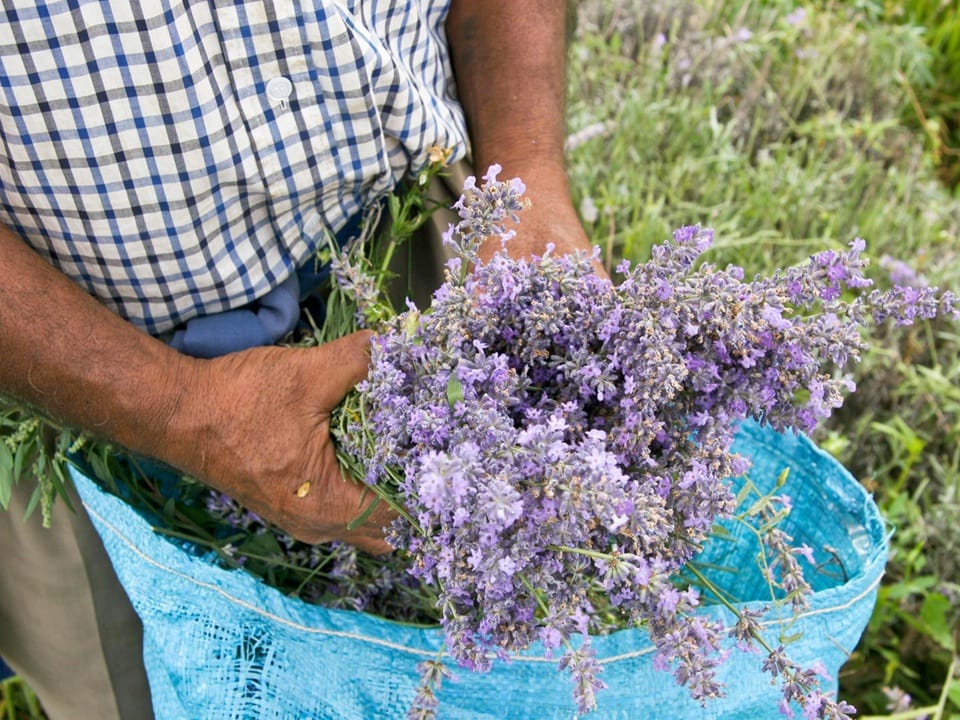
All five Lavender essential oils mentioned on top are from the Lavender Highland (Lavandula angustifolia) family, which we discussed earlier as one of the four main Lavender types. Unlike other three main types, Lavender Highland is more available and hence, consists of more varieties.
One key differentiator for these various Lavender Highland types is where they are grown. You might notice some retailers specifically mention their Lavender to be “high altitude”. The reason behind this is for the esters content. The higher altitude the Lavender is grown, the higher percentage of esters it will carry and more sought after!
Here we have organized the differences between each Lavender Highland variety for your reference:
Comparison Between Different Types of Lavender Highland Essential Oil
| Name | Lavender Maillette | Lavender highland Greece organic | Lavender highland France | Lavender kashmir | Lavender highland superior, wild organic |
|---|---|---|---|---|---|
| Plant altitude | 1000m | 1500m | 1500m | 1600m | 1100m~1400m |
| Originate | France | Greece | France | India | France |
| Linalool | 42% | 28% | 29% | 33% | 21% |
| Linalyl acetate (ester) | 37% | 33% | 43% | 43% | 49% |
| Insomnia, stress, headache | ☆☆☆ | ☆☆☆ | ☆☆☆☆ | ☆☆☆☆ | ☆☆☆☆☆ |
| Flu, cold | ☆☆☆☆ | ☆☆☆ | ☆☆☆ | ☆☆☆ | ☆☆ |
| Anti-bites | ☆☆☆☆ | ☆☆☆ | ☆☆☆ | ☆☆☆ | ☆☆ |
| Recommended Use | Suited as perfume | Skincare Diffuse Improve Sleep | Skincare Diffuse Improve Sleep | Insomnia Stress Headache | Insomnia Stress Headache |
Generally, Lavenders are known for having high linalool, a monoterpenol content. Linalool exhibits antimicrobial and antifungal properties. It is commonly used as an insecticide against fruit fly, cockroach and flea.
What sets Lavender Highland apart is its high content of esters, particularly linalyl acetate. Linalyl acetate is a kind of ester which is the key contributor to Lavender Highland’s soothing properties. Esters are anti-inflammatory, spasmolytic, sedative and antifungal.
In fact, it’s the monoterpenol-ester synergy that defines Lavender Highland.
But now, let’s take a bird’s eye view!
Linalool and Linalyl Acetate Concentration in Every Lavender Highland Variety
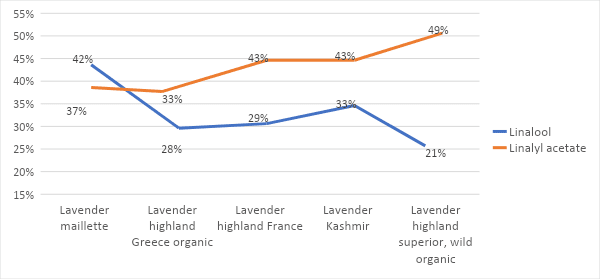
From the chart, we can conclude that Lavender highland superior, wild organic and Lavender Kashmir have higher level of linalyl acetate and hence, work better in terms of soothing the nerves. We would not recommend them less for insomnia and sleep issues!
By now, you should gain enough information in picking your best suited Lavender essential oil. Start shopping here if you have not had any Lavender essential oils on your hand, otherwise, time for some aromatherapy!
How To Use Lavender Essential Oil
Yes, Lavender is great for stress relieve but here are other occasions it could help too:
- Skincare
- Perfume Do-It-Yourself (DIY)
- Cold and fever
- Phlegm and cough
- Nerve pain
- Insomnia, stress, headache
Here’s a guide for your reference
We would recommend a formula for every situation above but observe your own body reaction towards each formula to find out which works best for you!
Skincare
With its soothing properties, it’s hard to resist Lavender especially for those with sensitive skin but it is generally applicable to all skin types. Because it is anti-inflammatory, it helps in reducing redness and calming your skin.
If you have your skincare products ready, try this formula:
- 12 drops of Lavender Highland France oil / Lavender Highland Superior, Wild Organic oil / Lavender Kashmir oil
- 30g Facial Lotion / Moisturiser
If you prefer something on the shelf, ready to use Lavender skincare products, you may consider:
- Timeless Jojoba
- Sensitive Facial Oil
Or try out Lavender highland organic hydrolate as your toner or apply it as a mask with a mask sheet!
Here’s a guide for your reference
Perfume DIY
Maybe you enjoy crafting your own unique scent, we would recommend using Lavandin oil or Lavender maillette oil if you love the scent of Lavender.
Colds & Fever
There has to be a better way to tackle the cold and fever other than taking pills. With this general formula we have for people who caught a cold, you can apply it in different methods with a slight tweak:
Methods to apply the formula: Diffusing, Massage, Inhalation
Coughs & Phlegm Clearing (Adult)
Lavender is also said to be a great fix to asthma related problems. The following formula though, is ONLY FOR ADULTS. For those aged 18 and below, please refer to the kid’s formula instead.
- Lavender Stoechas oil
- Hyssop oil
- Eucalyptus Globulus oil
Methods to apply the formula: Diffusing, Massage, Inhalation
Coughs & Phlegm Clearing (Kids)
When applying essential oil to kids, be extra mindful in terms of the concentration. Proper DILUTION is the key! For kids below 3 years old, we normally would not recommend using essential oil on them. It is generally safer to apply hydrolate instead of essential oil for kids. Hence the following formula is ONLY for those between 3 ~ 18 years old:
Methods to apply the formula: Diffusing, Massage, Inhalation
Nerve pain (Adults)
Lavender oil can act as an effective source of pain relief so try this formula out the next time you experience any neuropathic pain:
- Lavender Stoechas oil
- Spikenard oil
- Rosewood oil
Again, as labelled, this is ONLY available to adults and no kids of 12 years old and below should try this formula at all.
Methods to apply the formula: Diffusing, Massage
Insomnia, Stress, Headache
To improve your sleep quality, putting you on a more relaxing mode, Lavender oil is definitely one of the top few to use:
- Lavender Highland Superior, Wild Organic / Lavender Kashmir oil
- Frankincense holy white
Methods to apply the formula: Diffusing, Massage
Those are all the formulas we would like to share with you today! All the mentioned products are available on our website.
Blossom
Blossom
Blossom
If you would like to know more about the history of Lavender essential oil, you can go ahead and read the extended section as below. Or get out of the seats, try out the formulas and let us know how you feel after use!
Lavender essential oil has been used for centuries, dating back to the ancient Egyptians. They believed that lavender has healing properties and used it in a variety of ways, including perfume, in baths, and as an ingredient in ointments.
The Romans also used Lavender essential oil for its purported health benefits. In fact, the word “lavender” comes from the Latin word “lavare,” which means “to wash.”
The oil continued to be used throughout the centuries for its supposed medicinal properties. It was commonly used in Europe during the Middle Ages to treat a variety of conditions, such as anxiety, insomnia, and depression.
In the 18th century, French physician René-Maurice Gattefossé became interested in Lavender essential oil after suffering a severe burn on his hand. He realized that the oil healed his wound very quickly and left no scar. This led to his further study on the healing properties of essential oils, which resulted in him coining the term “aromatherapy.”
With the emergence of common anxiety disorders and the rise of interest in natural remedies, Lavender essential oil has once again gained popularity in recent years.

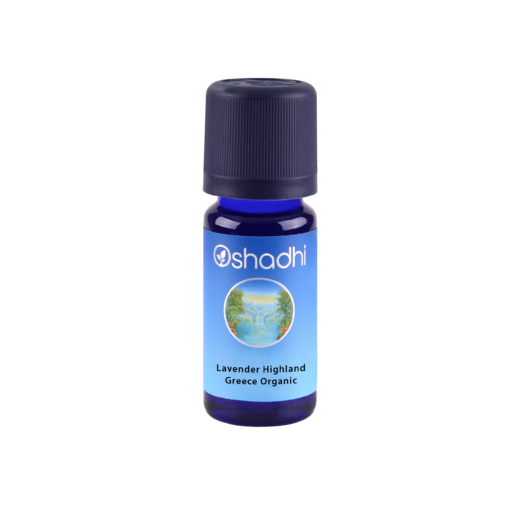
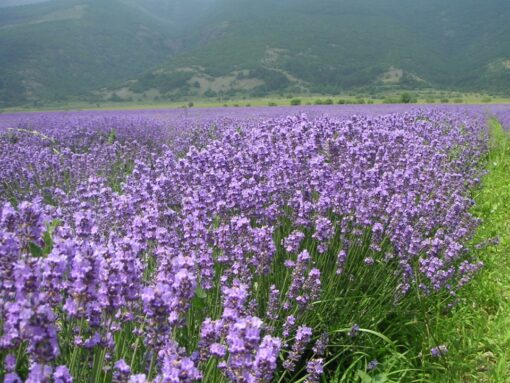
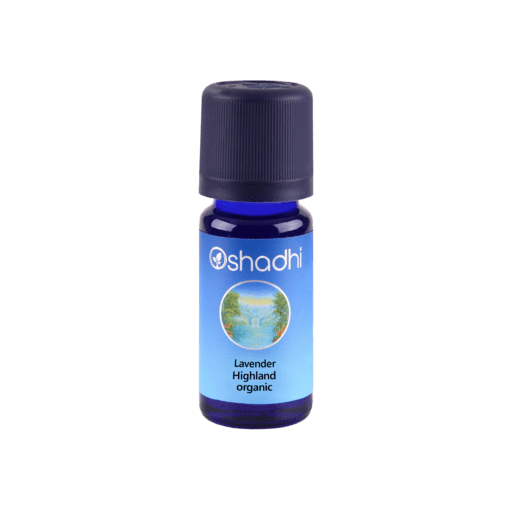
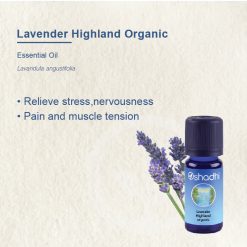
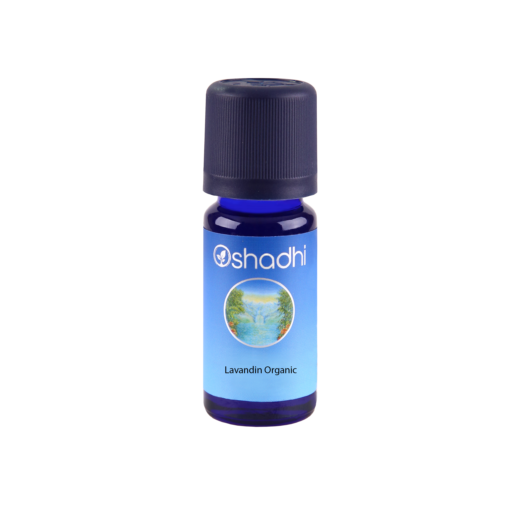
organic10ml-510x510.png)